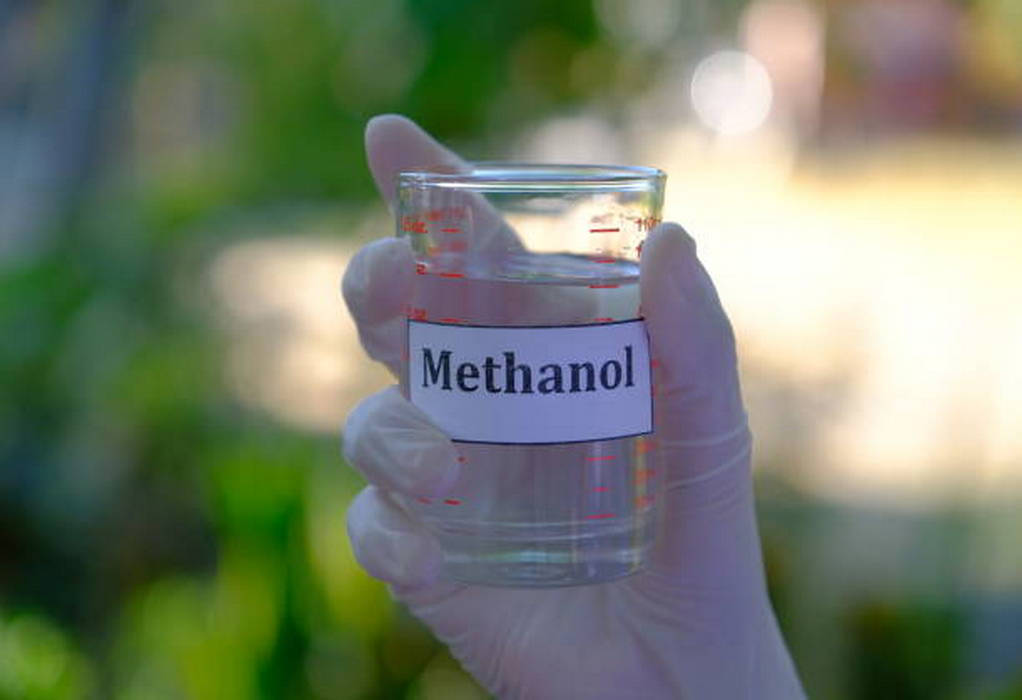Researchers at Oak Ridge National Laboratory and a team of interdisciplinary scientists tripled the yield of methanol in the catalytic hydrogenation reaction of carbon dioxide by introducing hydrides into the catalyst support material. The researchers say the higher yield is “due to the direct participation of surface hydrides in the reaction, and the modified electronic property of the interfacial sites” in the hydride-containing catalyst. It is the first-time anion substitution has been used in this context.
The team designed a catalyst that employed copper nanoparticles supported on a perovskite (barium titanate) to convert CO2 to methanol. Barium titanate support was chosen because it is among the few materials in which hydrogen anions (hydrides) can be incorporated to form a stable oxyhydride. Usually, hydrides are highly reactive toward air and water. In addition, the scientists hypothesized that the incorporated hydrogen anions might affect the electronic properties of the copper atom at the interface between the catalyst and support.
The ORNL research team conducted a range of characterization techniques to examine the structure of the copper, the support and the interface under real-world reaction conditions to correlate structure with performance, the ORNL team explained. Boosting the performance of hydride-containing catalysts for CO2-to-methanol conversions would enhance the portfolio of CO2-abatement technologies.
Tags: Catalyst, CO2, Methanol



Recent Posts
Hong Kong Launches Incentive Scheme to Promote Green Maritime Fuel Bunkering
MSC Hosts Sustainability Experience in Antwerp for Global Supply Chain Leaders
Kinetics and Mitsui O.S.K. Lines Sign MOU to Develop World’s First Integrated Floating Data Center Platform
Port Newark installs EV truck chargers at PANYNJ facility
Singapore’s first fully electric tug launched, paving the way for zero-emission coastal logistics ecosystem
Blue Marlin Becomes First Inland Cargo Vessel with Solar-Assisted Propulsion
ABB and Royal Caribbean Partner on 15-Year Deal to Drive Vessel Efficiency and Decarbonization
IET Establishes Centres of Excellence for Green Hydrogen and Electric Vehicle Research